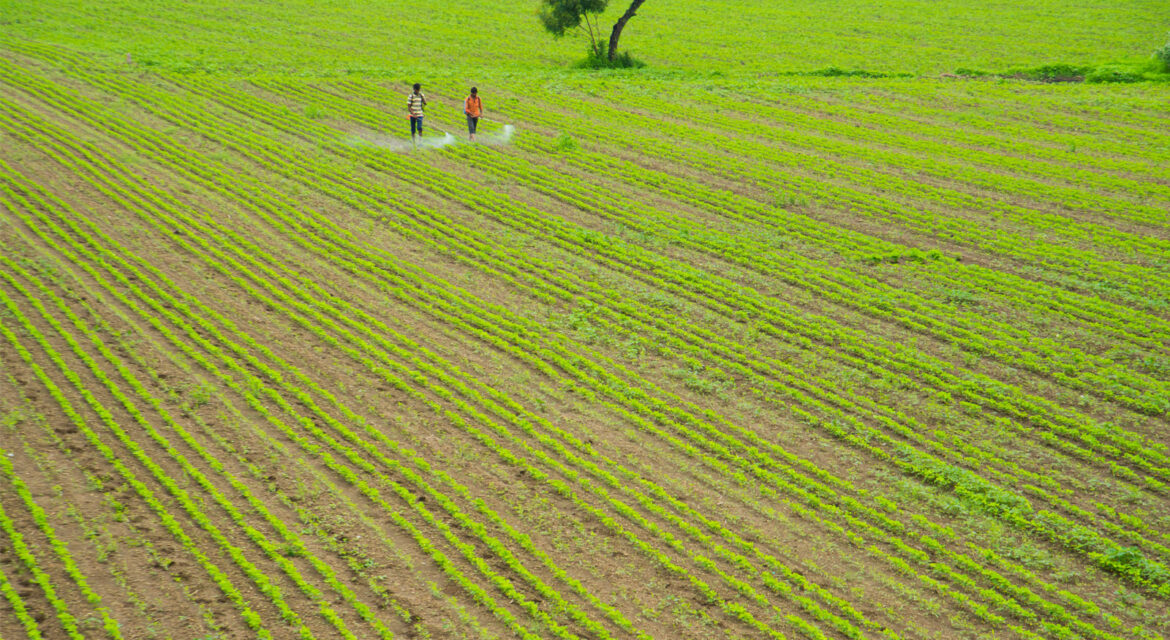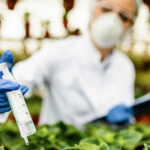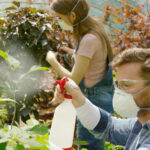The use of pesticides in modern agriculture is essential for protecting crops from pests, but these pesticides can have significant negative effects on the environment. From soil and water contamination to harmful impacts on non-target organisms, understanding these effects is crucial to ensure responsible pesticide use and environmental conservation.
🌍 Negative Environmental Impacts of Pesticides
- Soil Pollution:
- Pesticides sprayed on crops can seep into the soil, affecting its fertility and reducing the ability of plants to grow properly.
- These pesticides can kill beneficial microorganisms in the soil, such as bacteria and fungi, which help decompose organic matter and improve soil structure.
- Water Pollution:
- When pesticides are sprayed, they can reach groundwater or rivers and streams through irrigation or rainfall, contaminating water sources.
- This pollution harms aquatic life, including fish and aquatic insects, and poses a health risk to humans when this water is used.
- Impact on Biodiversity:
- Pesticides not only affect pests but can also harm beneficial organisms like birds, pollinating insects (such as bees), and wildlife.
- These effects can lead to the destruction of local ecosystems, reducing biodiversity and disrupting food chains.
- Pesticide Resistance:
- With repeated use of pesticides, some pests become resistant, requiring larger amounts or stronger pesticides, which intensifies negative environmental impacts
🔄 Solutions to Reduce the Environmental Impact of Pesticides
- Integrated Pest Management (IPM):
- Using multiple techniques such as biological pesticides, crop rotation, and planting resistant crops can reduce the need for chemical pesticides.
- Environmentally Friendly Pesticides:
- Many pesticides have been developed to be less toxic to non-target organisms and more effective in controlling pests. These pesticides can reduce harmful environmental impacts.
- Precise Application:
- Techniques like precise spraying or irrigation with pesticides can help reduce the amount of pesticide used, directing it only to areas that need treatment.
- Education and Training for Farmers:
- It is important for farmers to receive training on how to use pesticides safely and responsibly, including adhering to recommended doses and using modern techniques.
✅ Conclusion
The use of pesticides is an essential part of modern agriculture, but it carries negative environmental impacts that can be long-lasting. By implementing alternative strategies such as Integrated Pest Management (IPM) and developing environmentally friendly pesticides, these impacts can be reduced, ensuring agricultural sustainability and environmental protection.





